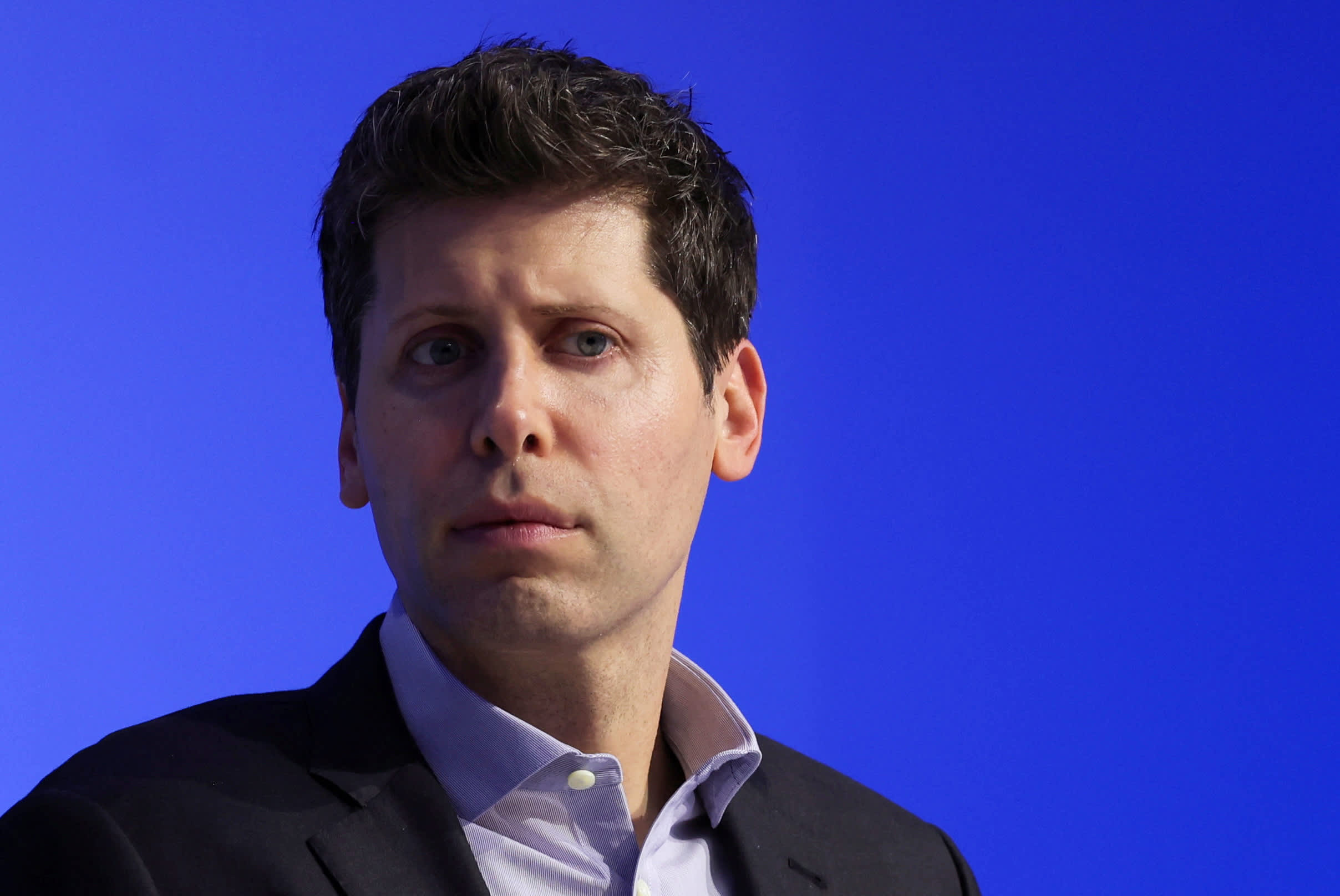- T3: Bron Eager's Newsletter
- Posts
- T3 Jan 22 2024
T3 Jan 22 2024
Hello! 👋
Welcome to the latest edition of ‘T3’ – AI Tech, Tools & Trends in Higher Education.
In This Edition
Latest Blog Posts – Catch up on my latest blog posts
ChatGPT Store Launches – What is it?
AI News Updates – A curated selection of news articles on what’s been happening in the world of AI & Higher Education.
Latest from the blog
Catch up on recent posts from BronEager.com, including:
🔗 Substrate Independence: The Education Paradigm of Tomorrow!
Discussing the need for educational transformation in the age of AI, this blog post introduces 'substrate independence', a concept advocating for adaptable and transferable skills across various contexts, to prepare students for a future shaped by AI and technological advancements.
🔗 How To Extend Your Research Impact Beyond The Ivory Tower: A Framework for Academics
In this blog post, I focus on enhancing the real-world impact of academic research. I outline a framework for developing an Impact Strategy, which includes defining objectives, identifying stakeholders, choosing appropriate channels for dissemination, and evaluating impact.
OpenAI’s GPT Store – What is it?
OpenAI has recently released its GPT Store – an online marketplace for custom-designed ChatGPT-powered bots that help users with various tasks and activities. The GPT Store allows users to share and sell their custom GPTs, with creators earning revenue based on user engagement. ‘GPT’ stands for generative pre-trained transformer.
Some people are predicting that the GPT store will be like Apple’s App Store… but we’ll need to wait and see :)
I had a crack at building a GPT for review journal papers! If you want to test it out, visit: Journal Article Peer Review Assistant (JAPRA).
There are some fun GPTs to play with, including:
Consensus: “Your AI Research Assistant. Search 200M academic papers from Consensus, get science-based answers, and draft content with accurate citations.”
Scholar GPT: “Enhance research with 200M+ resources and built-in critical reading skills. Access Google Scholar, PubMed, JSTOR, Arxiv, and more, effortlessly.”
Free to use for ChatGPT Plus users.
Weekly AI News Updates
Catch up on the latest AI news in higher education with this selection of curated articles from around the globe.

OpenAI has announced its first partnership with a university, partnering with Arizona State University (ASU). ASU will have full access to OpenAI's ChatGPT Enterprise, which it plans to use for coursework, tutoring, research, and more. ASU intends to build a personalized AI tutor for students and use AI avatars for study help, in addition to incorporating the tool into the Freshman Composition course. The university plans to use the tool to assist in the development of AI avatars for creative purposes. ASU believes ChatGPT Enterprise provides a secure and private environment that protects student privacy and intellectual property.

Artificial intelligence (AI) tools like Copilot and ChatGPT have boosted productivity in various sectors and helped save the economy. However, universities face challenges in implementing AI tools in education, such as widespread cheating facilitated by these tools. Some universities have resorted to low-tech solutions like written in-class exams or oral exams to tackle cheating. Despite these challenges, the focus should be on ensuring that understanding and conceptual mastery remain the standards by which students are evaluated. AI tools should be used to enhance problem-solving and creativity, rather than replacing basic understanding.

The American Council on Education (ACE) has commented on the use of artificial intelligence (AI) on campuses and the role of government oversight. The organization highlighted that higher education has been at the forefront of developing and adopting AI, with the technology offering benefits such as program selection support and early detection of student disengagement. However, ACE emphasized the importance of safeguarding student privacy and addressing concerns about academic integrity. The organization suggested that Congress could establish experimental sites for testing AI in admissions and student support, emphasizing the need to balance AI's potential with risk mitigation.
🔗 Also, check out the White Paper mentioned in the article: Exploring Congress’ Framework for the Future of AI.

The University of Toronto researchers are studying AI to improve scientific discovery and healthcare delivery and address potential harms and social impacts. They highlight four emerging trends for AI in 2024:
The urgency for AI regulation – governments attempt to catch up with its wide-ranging applications
Increased use of generative AI leads to concerns about academic integrity, misinformation, and job displacement
Shifting public perception and trust of AI, and the need to navigate the role of trust in interactions with AI systems
The transformative effect of AI on labor, markets, and industries, with guidelines and rules being developed by institutions.

A new paper by researchers from Charles Darwin University and Babeș-Bolyai University in Romania suggests that universities can regain control of education from artificial intelligence (AI) by resisting corporate pressure and prioritizing ethics. The paper highlights that education is currently controlled by corporations more interested in marketability and data control than in meaningful advancements in education. The researchers suggest that universities should focus on finding new ideas for AI use in teaching practices and address data security and transparency. They also recommend involving higher degree research students in projects to regain control over technological solutions.
🔗 Also, read the academic paper mentioned in the news article: A Systematic Review of the Artificial Intelligence Implications in Shaping the Future of Higher Education

Proposing seven realities of how AI will impact higher education:
Humans should always remain in control of AI and ensure they are in command of the learning process.
Educators will not be replaced by AI, but rather empowered to enhance the learning experience.
AI can foster innovation through creative ideation, stimulating critical thinking skills.
Ethical considerations, such as data privacy and responsible use of AI, must be addressed in education.
AI can improve assessment practices by enabling more authentic forms of assessment.
Educators play a crucial role in equipping students with digital literacy skills to navigate AI technologies responsibly.
Educators and AI will pioneer a new era of learning, shaping ethical considerations and digital literacy skills necessary for the integration of AI in education.
That’s a Wrap!
Thanks for your support. I appreciate you reading this newsletter and sharing it with your friends.
Take care and chat soon,
Bron